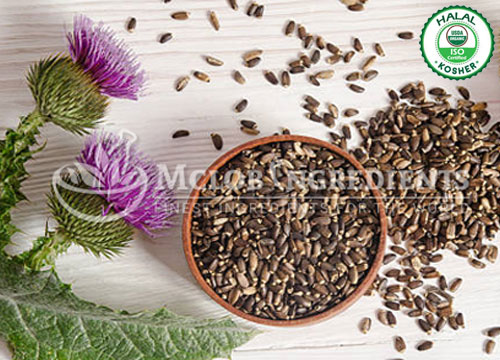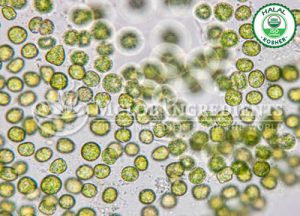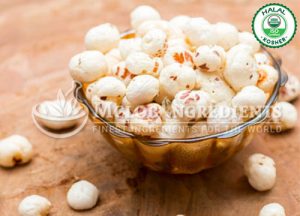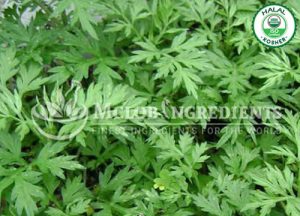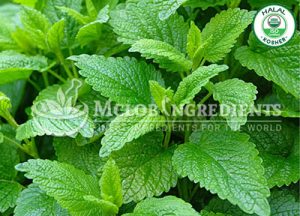Milk thistle is a flowering herb. It is related to the daisy and ragweed family which is native to Mediterranean countries. This prickly plant has white veins and distinctive purple flowers.
The active ingredient in milk thistle is silymarin which is a group of plant compounds
Milk thistle extract is a herbal remedy. Milk thistle extract contains a high amount of silymarin between 65–80% that has been concentrated from the milk thistle plant.
The silymarin extracted from milk thistle is which has antioxidant, antiviral, and anti-inflammatory properties.
Uses:
The active ingredient in milk thistle is silymarin which is a group of plant compounds
Milk thistle extract is a herbal remedy. Milk thistle extract contains a high amount of silymarin between 65–80% that has been concentrated from the milk thistle plant.
The silymarin extracted from milk thistle is which has antioxidant, antiviral, and anti-inflammatory properties.
Uses:
- Help in Prevent Age-Related Decline in Brain Function.
- It Protects the Bones.
- It may help in Cancer Treatment.
- It Boosts Breast Milk Production.
- To treat Acne.
- It protects from liver damage.
- It supports detoxification to enhance liver, kidney, pancreatic functions relatively.
Side effects:
- Indigestion
- bloating, gas
- stomach pain
- diarrhea
- nausea
- loss of appetite.
- Anaphylaxis
Dosage:
140mg silymarin three times took orally.
- In hepatitis Cirrhosis, silymarin took 420mg/d orally.
- In Dyspepsia, 200mg three times/day is taken orally in combination with conventional treatment.
Drug-medicine interaction:
Milk thistle may interfere with the following medications because both are broken down by the same liver enzymes.
- Drugs for high cholesterol such as lovastatin.
- Anti-anxiety drugs -including alprazolam, diazepam, and lorazepam
- Antiplatelet and anticoagulant drugs i.e. blood thinners– including clopidogrel and warfarin.
Contraindication:
Avoid Milk thistle if you have breast cancer, uterine cancer, ovarian cancer, endometriosis, or uterine fibroids because Milk thistle can cause an allergic reaction, including a severe, potentially life-threatening allergic reaction.



